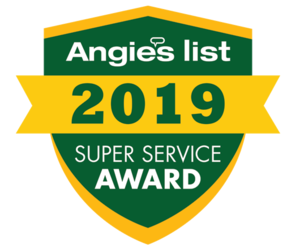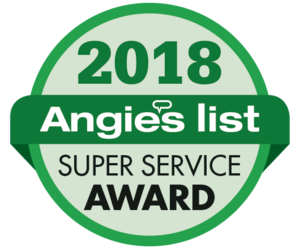I’ve heard that to get my renovation done, I’ll need to hire an expediter. What is the expediter’s role? And how much can I expect to pay?
Also known as “code consultants,” expediters play a crucial role as intermediaries between you and all the parties involved in obtaining a Department of Buildings (DOB) permit for your renovation project. They navigate the complex process, ensuring compliance with building codes and regulations, and facilitate smooth communication between contractors, architects, and the DOB. If you’re planning on making minor cosmetic changes like painting and decorating, chances are you may not require a DOB permit, and as a result, the assistance of an expediter might not be necessary.
However, when undertaking a larger project that falls within specific categories — and your contractor can provide you with the necessary confirmation — it becomes imperative to file with the Department of Buildings (DOB).
Type I: Your renovation requires a major change to the certificate of occupancy, including changing the use of the building from commercial to residential, adding a bathroom or combining apartments.
Type II: Your renovation requires different trades such as plumbing, electrical and construction, even if there’s no change to the certificate of occupancy.
Yes, you’ll pay more upfront–anywhere from $2,000 to $3,000, plus miscellaneous fees, per permit process–but hiring one is well worth it if you’re a busy professional or facing a deadline (or both!), since you and your
architect will likely save time and money in the long run. Expediters are experts: they’re required to keep abreast of all the changes to code, and they also know which questions to ask, how to fill in the forms, and what you’ll pay in fees.
Before you submit a permit application to the DOB, an expediter will review your reno plans to make sure they follow the city’s construction codes. Then, while the department is processing your application, they gather all the
necessary checklists and signatures (from building owners, architects, and so on) and field the DOB’s queries.
When it comes time to get the DOB to sign off on your project–essentially confirming that you followed code and that your plumbing, electrical, elevator and other work is legal–an expediter can help with the process, including managing the third-party inspections and additional documentation that are often required. But be sure to establish at the beginning of the job whether the expediter or your contractor will be handling the final paperwork and sign-offs.
The last thing you want is outstanding “open items” from your reno that tie up an eventual sale of your apartment. And, of course, using an expediter is no guarantee that your permit application process will be speedy. But it does increase the chance that you’ll get the approval you need faster than if you navigated the bureaucracy solo. To find one, you can ask your contractor, architect or real estate broker for a referral.





